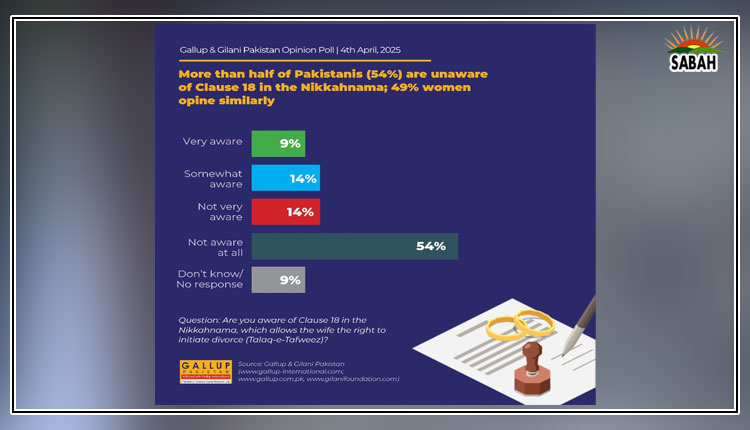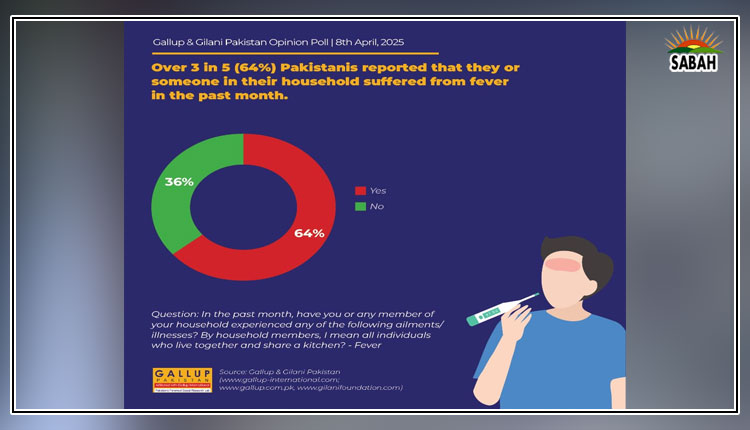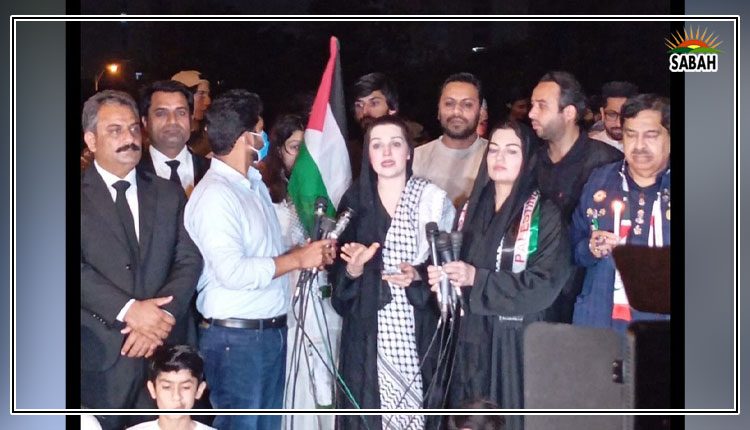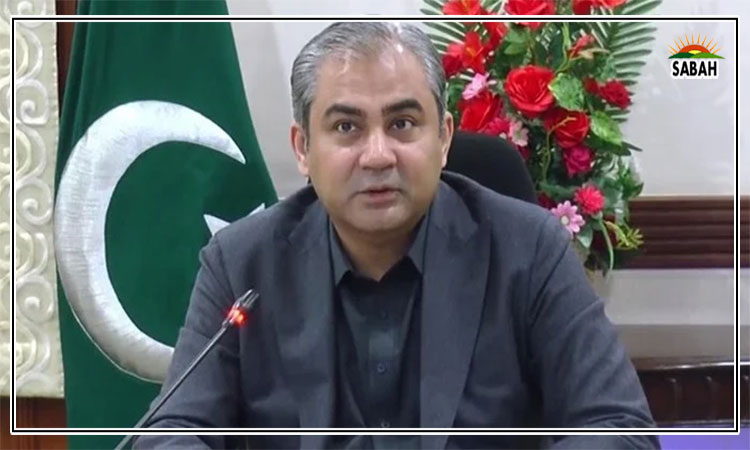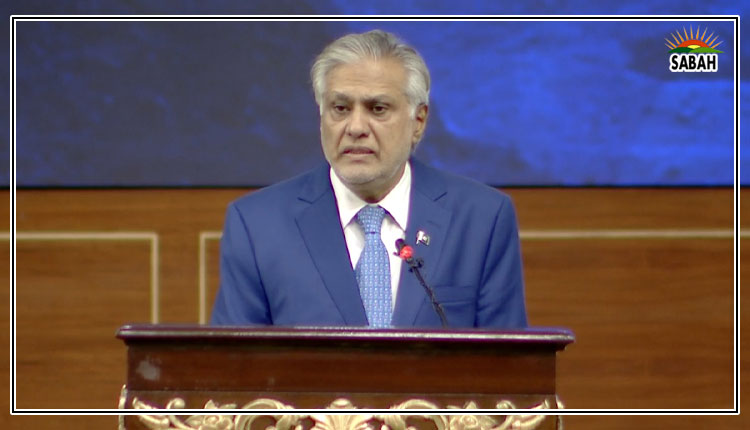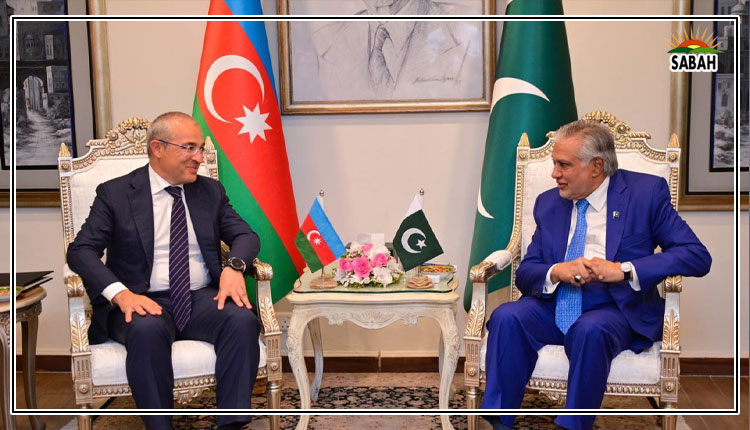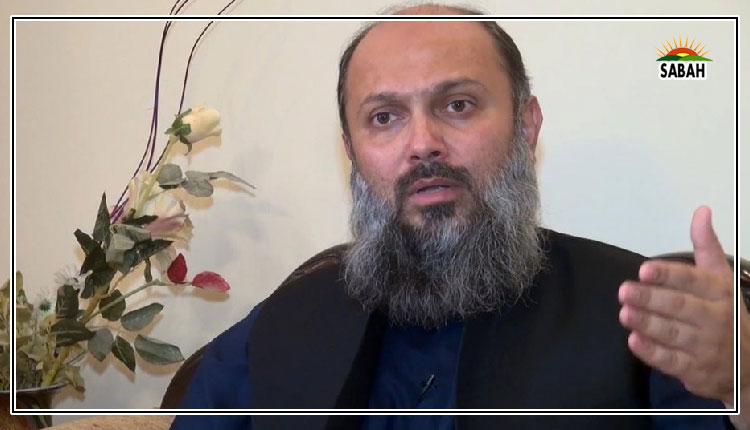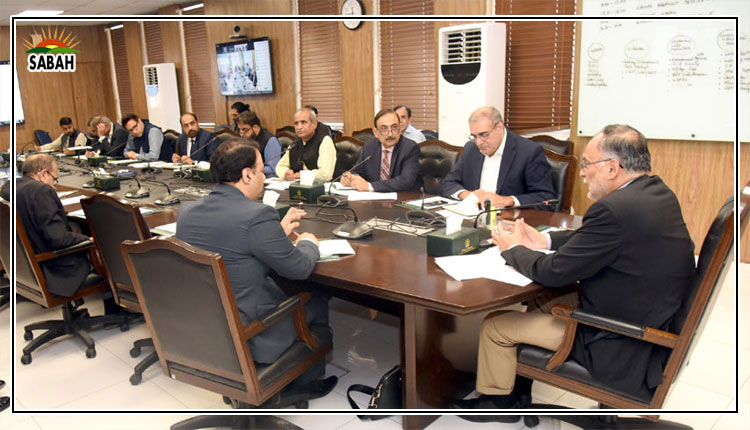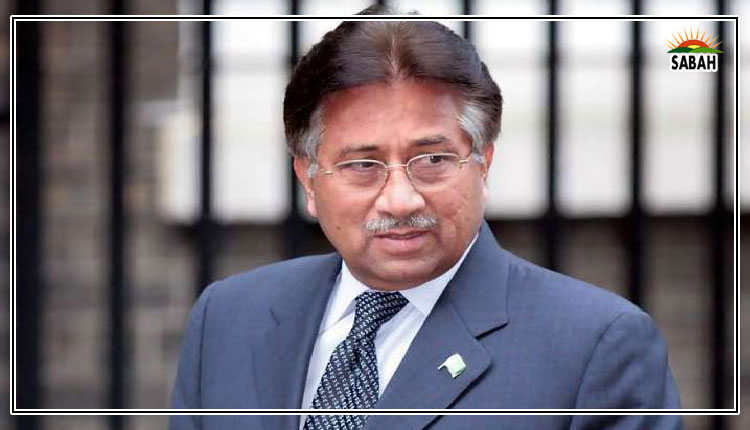Former president General (retd) Pervez Musharraf passes away at 79
DUBAI (SABAH): Former president, former Chairman Joint Chiefs of Staff Committee (CJCSC) and former Chief of Army Staff (COAS) General (retd) Pervez Musharraf passed away in a Dubai hospital at the age of 79 after a prolonged illness, his family confirmed on Sunday. The former military ruler was undergoing treatment for amyloidosis at American Hospital Dubai.
Shazia Siraj, Spokesperson for Pakistan’s consulate in Dubai and embassy in Abu Dhabi confirmed the news. “I can confirm that he passed away this morning,” she told foreign news agency.
Pervez Musharraf’s family has filed an application in the Pakistani consulate in Dubai to shift the former military leader’s body to Pakistan.
A special jet will fly to Dubai from Nur Khan Airbase to bring Musharraf’s mortal remains back to Pakistan.
Last year, reports circulated of Musharraf’s death but they were rubbished by the All Pakistan Muslim League (APML), which was the political party established by the former president.
The party had refuted the news related to him being in critical condition or on a ventilator. It added that Musharraf was being treated for amyloidosis at his home and his condition was stable.
Amyloidosis is a condition which is caused by a build-up of an abnormal protein in organs and tissues that prevents them from working properly.
Meanwhile in a statement issued immediately after Musharraf’s demise, the Inter-Services Public Relations (ISPR) said that Chairman Joint Chiefs of Staff Committee General Sahir Shamshad and all the services chiefs express their heartfelt condolences.
“May Allah bless the departed soul and give strength to the bereaved family,” DG ISPR said.
Meanwhile President Dr. Arif Alvi has expressed condolences on the death of former president general (retd) Pervez Musharraf. In a statement issued on twitter on Sunday, President Alvi has expressed sympathies with the bereaved family. President Alvi prayed higher status in heaven for the departed soul and courage for the bereaved family to bear this irreparable loss.
Meanwhile Prime Minister Mian Muhammad Shehbaz Sharif also extended condolences to Musharraf’s family. “I offer my condolences to the family of General (retd) Pervez Musharraf. May the departed soul rest in peace,” he tweeted.
PML-Q leaders Chaudhry Parvez Elahi and Chaudhry Moonis Elahi also expressed their deep sense of shock over the demise, saying the services of General Musharraf for the army and Pakistan would always be remembered.
In a series of tweets, Senate Chairman Mir Muhammad Sadiq Sanjrani expressed deep sorrow over the former president’s death and extended condolences to the grieving family. “May God grant the deceased a high rank and give patience to the family,” he added.
PTI leader and former information minister Fawad Chaudhry said Musharraf was a “great person” whose ideology was to always keep Pakistan the first.
It is worth mentioning here that Pervez Musharraf was born on August 11, 1943 in New Delhi, India. He who took power in a coup in 1999 and also served as president of Pakistan from 2001 to 2008.
Musharraf moved with his family from New Delhi to Karachi in 1947, when Pakistan was separated from India. The son of a career diplomat, he lived in Turkey during 1949–56. He joined the army in 1964, graduated from the Army Command and Staff College in Quetta, and attended the Royal College of Defence Studies in London.
The former army chief held a number of appointments in the artillery, the infantry, and commando units and also taught at the Staff College in Quetta and in the War Wing of the National Defence College.
He fought in Pakistan’s 1965 and 1971 wars with India. The then Prime Minister Mian Muhammad Nawaz Sharif appointed Gen Musharraf head of the armed forces in October 1998.
On October 12, 1999, while Musharraf was out of the country, Sharif dismissed him and tried to prevent the plane carrying Musharraf home from landing at the Karachi airport. The armed forces, however, took control of the airport and other government installations and deposed Sharif, paving the way for Musharraf to become head of a military government.
Although he was generally considered to hold moderate views and promised an eventual return to civilian rule, Musharraf suspended the constitution and dissolved parliament. He formed the National Security Council, made up of civilian and military appointees, to run Pakistan in the interim.
In early 2001 he assumed the presidency and later attempted to negotiate an agreement with India over the Kashmir region. Following the September 11 attacks in 2001 in the United States and the subsequent US invasion of Afghanistan later that year, the US government cultivated close ties with Musharraf in an attempt to root out Islamic extremists in the Afghan-Pakistan border region.
Following a movement led by the political parties, Musharraf resigned as the president on August 18, 2008.
On March 30, 2014, Musharraf was indicted for suspending the Constitution on November 3, 2007.
The former military ruler was sentenced to death by a special court on December 17, 2019, under Article 6 of the Constitution. A case of high treason was filed against him during Pakistan Muslim League-Nawaz (PML-N) tenure.
Musharraf was present in the court on March 31, 2016, when he was indicted on the charges.
Later, he flew out of the country due to his illness. He did not return to Pakistan after leaving the country.


